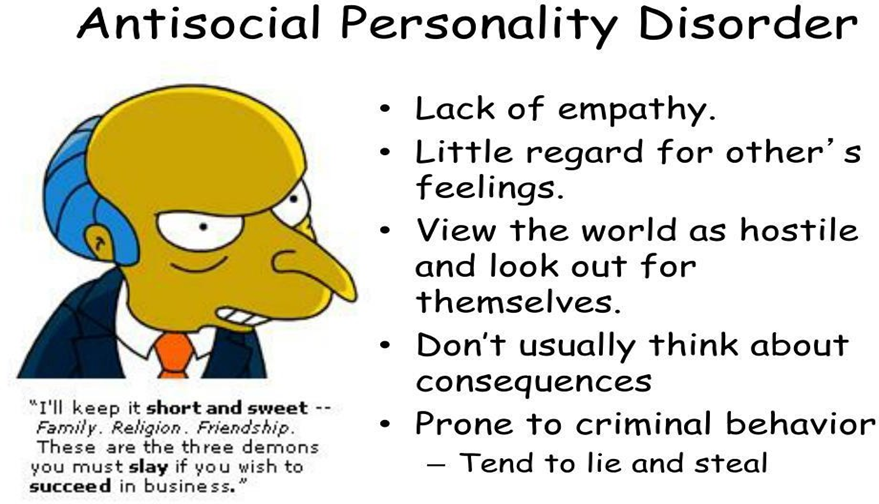A client with a diagnosis of Bipolar Disorder has been taking lithium carbonate, however, stopped it 3 months ago because of weight gain. The client is now agitated, pacing, and flailing their arms in exaggerated gestures. The physician orders a "now" dose of lithium and olanzapine. The client's family asks why olanzapine is ordered. What is the nurse's most appropriate response? "Olanzapine:
ensures a good night's sleep."
calms hyperactivity until the Lithium takes effect."
cures manic symptoms."
prevents extrapyramidal side effects."
The Correct Answer is B
B. Olanzapine is an antipsychotic medication commonly used to treat acute manic episodes in bipolar disorder. It can help to stabilize mood, reduce agitation, and calm hyperactivity while waiting for lithium to reach therapeutic levels and take effect.
A. Olanzapine is an antipsychotic medication that can have sedative effects and may help with sleep but this statement does not directly address the reason for its use in this specific situation.
C. Like other medications used to treat bipolar disorder, does not cure the condition. Instead, it helps to manage and stabilize symptoms, including manic episodes, by regulating neurotransmitter activity in the brain.
D. Olanzapine is an antipsychotic medication that has a lower risk of causing extrapyramidal side effects compared to typical antipsychotics but this statement does not accurately explain its use in this scenario.
Nursing Test Bank
Naxlex Comprehensive Predictor Exams
Related Questions
Correct Answer is B
Explanation
B. Methylphenidate is a central nervous system stimulant commonly used in the treatment of ADHD. It works by increasing the levels of certain neurotransmitters in the brain, which helps improve attention, focus, and impulse control in individuals with ADHD. Teaching the family about methylphenidate would be appropriate as it is one of the most commonly prescribed medications for ADHD.
A. Fluphenazine is an antipsychotic medication primarily used to treat psychotic disorders such as schizophrenia and bipolar disorder. It is not typically used as a first-line treatment for ADHD
C. Diazepam is a benzodiazepine medication primarily used to treat anxiety disorders, muscle spasms, and seizures. It is not indicated for the treatment of ADHD.
D. Haloperidol is an antipsychotic medication primarily used to treat psychotic disorders and severe behavioral disturbances. It is not a first-line treatment for ADHD.
Correct Answer is D
Explanation
D. This response is consistent with the characteristics of antisocial personality disorder, which include a lack of remorse, as well as a tendency to rationalize behavior or blame others. Individuals with this disorder often fail to accept responsibility for their actions and may exhibit behaviors that are impulsive, reckless, and violate the rights of others without feeling guilty.
A. Individuals with antisocial personality disorder often lack remorse or empathy for the consequences of their actions and may not experience feelings of shame or guilt, even when their behavior results in harm to others.
B. Expressing genuine remorse or empathy for the harm caused to others is uncommon in individuals with antisocial personality disorder.
C. Claiming to have no memory of the behavior or the events leading up to it is a common defense mechanism used. This may serve to avoid accountability or responsibility for their actions, rather than indicating genuine memory impairment. However, it is not characteristic for antisocial personality disorder.

Whether you are a student looking to ace your exams or a practicing nurse seeking to enhance your expertise , our nursing education contents will empower you with the confidence and competence to make a difference in the lives of patients and become a respected leader in the healthcare field.
Visit Naxlex, invest in your future and unlock endless possibilities with our unparalleled nursing education contents today
Report Wrong Answer on the Current Question
Do you disagree with the answer? If yes, what is your expected answer? Explain.
Kindly be descriptive with the issue you are facing.
